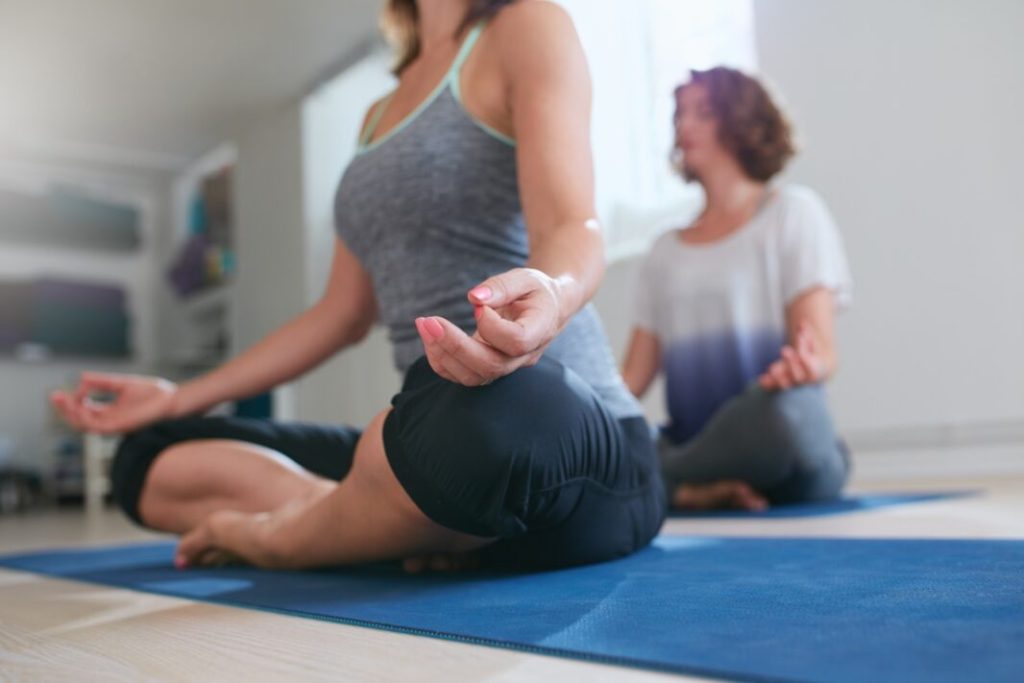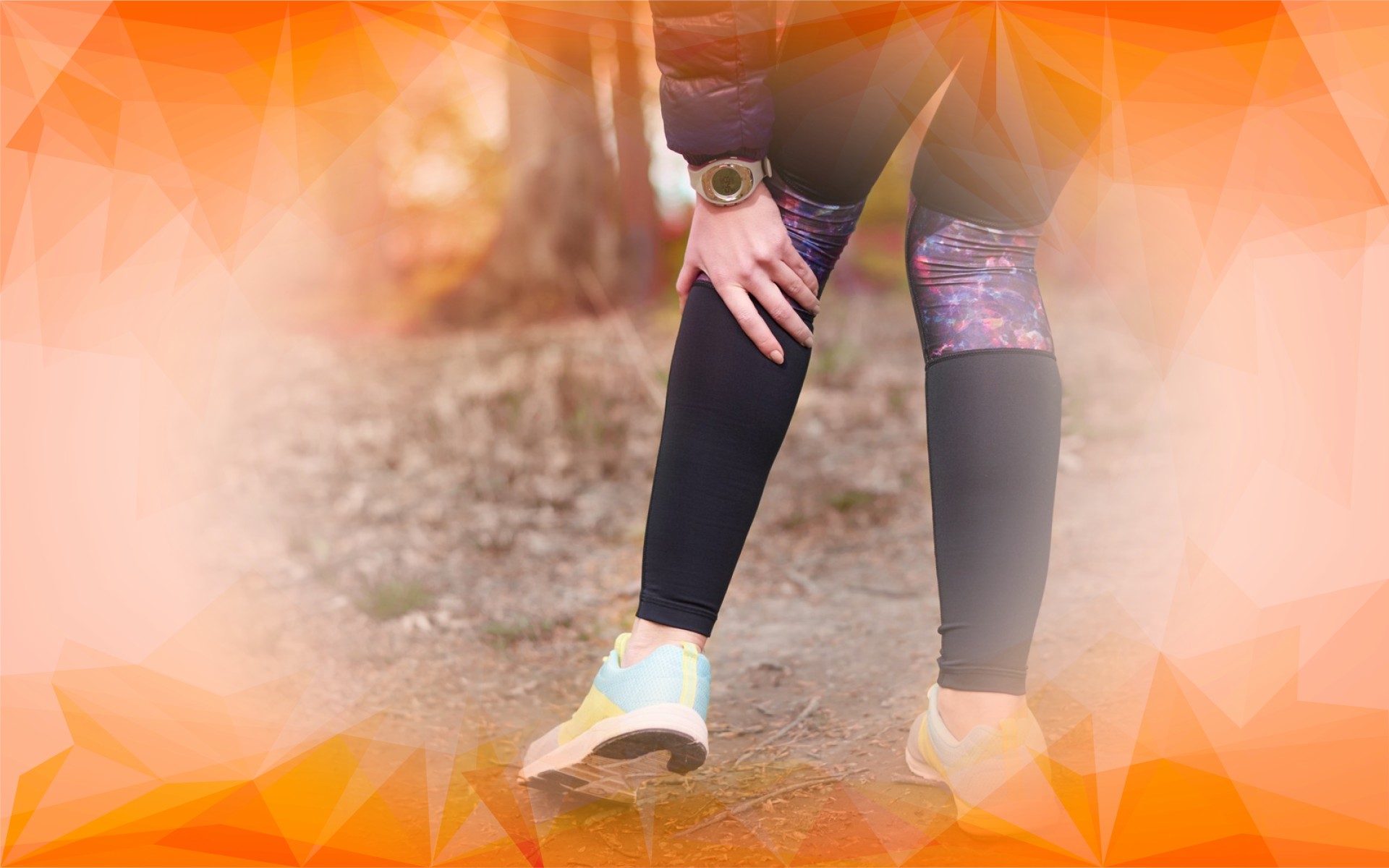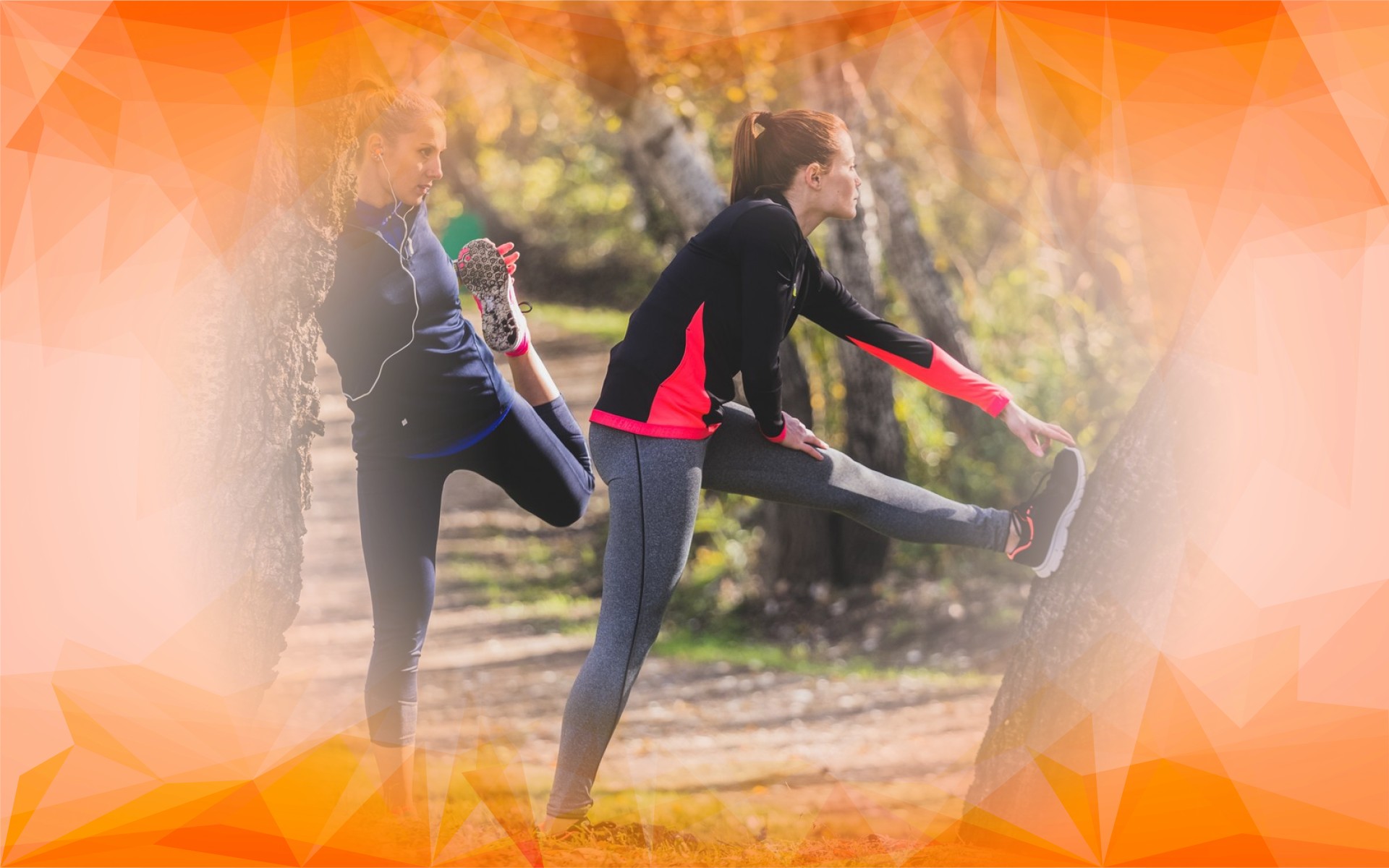Introduction
Knee osteoarthritis (OA) is a widespread, long-term condition that causes the protective cartilage in your knee joint to wear away over time. This leads to pain, stiffness, and difficulty moving—challenges faced by millions of people worldwide. While living with knee osteoarthritis is never easy, a proactive and resilient approach can help you maintain your independence and enjoy life to the fullest. Managing OA goes beyond medical treatment—it’s about adapting smartly and finding everyday solutions. In this article, we’ll share practical lifestyle strategies, insights from current research, and promising innovations to help you thrive , whether you’re newly diagnosed or have been living with knee OA for years.
Personal and Practical Strategies for Adaptation
Small, manageable changes in your daily routine can make a big difference when it comes to living with knee osteoarthritis . Physical activity is crucial, but the key is to choose low-impact exercises that are gentle on your joints . Activities like swimming, cycling, and chair yoga keep your muscles strong and joints flexible without causing added discomfort.
Simple adjustments around your home and workspace can also ease pressure on your knees. Consider using chairs with firm back support, installing grab rails in the bathroom, or placing cushioned mats in areas where you stand for long periods—these tweaks can significantly reduce strain.
Pain management doesn’t always have to involve medication. Heat and cold packs, gentle massage, and relaxation techniques like mindfulness can all help soothe discomfort. Supportive footwear , especially shoes with cushioned soles or custom inserts, can improve balance and make walking easier. These strategies can—and should—be tailored to your individual needs and lifestyle.
Personal stories echo this approach: some people find that seated exercises and regular rest breaks give them relief and help prevent flare-ups. The most important thing is to discover what works best for you and to keep adjusting as your needs change.
Living with knee osteoarthritis can often feel like reaching a “breakpoint”—a stage marked by ongoing pain and changes to your mobility and daily routine. Many people find that everyday activities become more difficult and that these challenges can impact their social lives and sense of independence. Yet, with the right support and strategies, it’s possible to maintain comfort, stay active, and continue enjoying the things that matter most.
Evidence-Based Insights: What Research Tells Us
Scientific studies back up these practical approaches, showing that they can truly improve quality of life for people with knee OA . Strengthening the muscles around your knee helps offload pressure on the joint, making movement less painful. Even modest weight loss can make a noticeable difference, reducing the strain on your knees and making it easier to stay active.
Physical therapy and supportive devices often work best when paired with psychological strategies, such as cognitive behavioral therapy (CBT). CBT helps you develop effective ways to cope with pain , manage your mindset, and reduce the emotional impact of living with a chronic condition.
Modern orthotic devices —like specialized shoe inserts—are clinically proven to lessen discomfort during daily activities. The evidence is clear: these lifestyle changes are not just “good advice,” but are well-supported by research and can have a real, positive impact on your life.
Research highlights that knee osteoarthritis doesn’t only affect your body—it can take a toll on your emotional well-being and social life as well. That’s why a holistic approach, addressing both the physical and psychological sides of OA, delivers the best results.
Emerging Trends and Future Directions
New developments in OA management are emerging all the time. Regenerative medicine —including promising treatments like stem cell therapy and platelet-rich plasma injections—aims to repair joint tissue and reduce inflammation. While more study is needed, these treatments may one day offer new hope for slowing down or even reversing some of the damage caused by osteoarthritis .
Wearable technology is also making a difference. Devices that monitor your movement , track knee strain, and record activity levels can offer valuable feedback, helping you adjust your habits to lessen pain and avoid injury . Meanwhile, digital health platforms now bring physiotherapy and expert advice right to your home, making high-quality care more accessible than ever.
It’s important to remember that these innovations work best alongside established lifestyle changes and medical treatments. As the science progresses, combining new advances with proven strategies will help people with knee OA live fuller, more comfortable lives.
Conclusion
Living well with knee osteoarthritis is about adapting, staying active, and being open to both tried-and-true practices and exciting new options. By making thoughtful lifestyle changes, committing to gentle exercise, and staying informed about the latest research, you can protect your mobility and quality of life.
This guide has outlined simple, research-backed tips and given you a glimpse into the future of OA care. If you’re managing knee OA , talk to your healthcare team about these strategies to find the best fit for your needs. Remember, staying flexible and positive is your greatest asset in meeting the challenges of knee osteoarthritis and leading a full, active life.
Please note: This information is intended to support, not replace, professional medical advice. Always consult a healthcare professional for personalized guidance.
References
Hall, M., Migay, A.-M., Persad, T., Smith, J., Yoshida, K., Kennedy, D., & Pagura, S. M. C. (2008). Individuals’ experience of living with osteoarthritis of the knee and perceptions of total knee arthroplasty. Physiotherapy Theory and Practice, 24(3), 167-181. https://doi.org/10.1080/09593980701588326
Wallis, J. A., Taylor, N. F., Bunzli, S., & Shields, N. (2019). Experience of living with knee osteoarthritis: a systematic review of qualitative studies. BMJ Open, 9(9), e030060. https://doi.org/10.1136/bmjopen-2019-030060
Cerit, B. (2014). Determination and Evaluation of the Needs of the Patients with Knee Osteoarthritis in their Daily Living Activities. Procedia – Social and Behavioral Sciences, 152, 841-844. http://doi.org/10.1016/j.sbspro.2014.09.331
Frequently Asked Questions
AMSK Clinic at Harley Street, London, is known for offering innovative, evidence-based care for knee osteoarthritis. Our multidisciplinary team delivers personalised treatment plans, combining advanced therapies, cutting-edge technology, and proven strategies. This approach ensures effective pain relief, improved mobility, and enhanced quality of life, all within a supportive, specialist environment.
AMSK Clinic provides practical advice and tailored support to help patients manage day-to-day OA challenges. This includes recommending gentle exercises, ergonomic adjustments at home and work, and pain management techniques. Our comprehensive approach ensures each patient receives the guidance and resources needed to maintain independence and an active lifestyle.
At AMSK Clinic, advanced options such as Arthrosamid® injections are part of a broad treatment arsenal. These therapies target pain and inflammation, complementing both standard care and innovative regenerative treatments. They give patients access to some of the most up-to-date, effective ways of managing knee osteoarthritis symptoms in London.
Yes, AMSK Clinic utilises the latest digital and wearable technologies to enhance patient care. These tools monitor movement, track knee health, and facilitate remote physiotherapy support. By leveraging these innovations, we empower patients to make informed adjustments that reduce pain, prevent injury, and optimise rehabilitation outcomes.
Absolutely. AMSK Clinic specialises in individualised management for knee osteoarthritis, addressing both physical and psychological well-being. Our team tailors care plans based on each patient’s lifestyle, goals, and unique challenges, ensuring the most effective and holistic support for every stage of OA.




